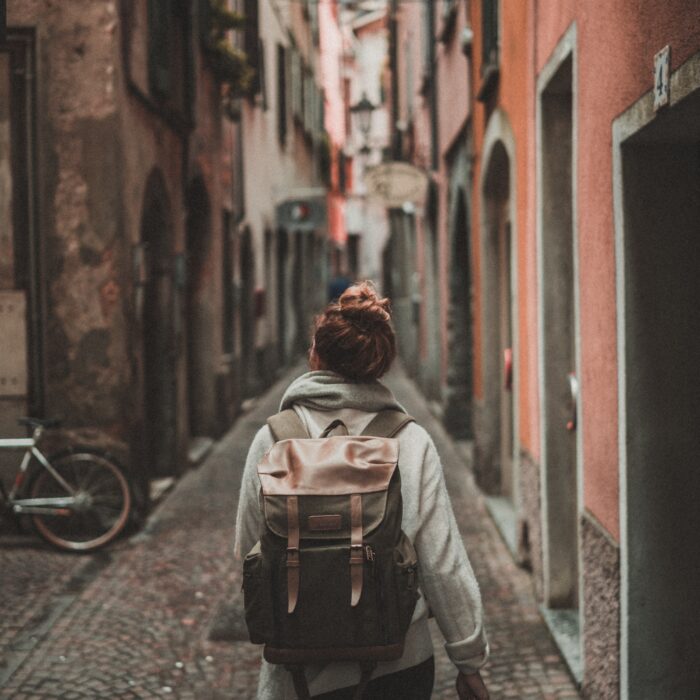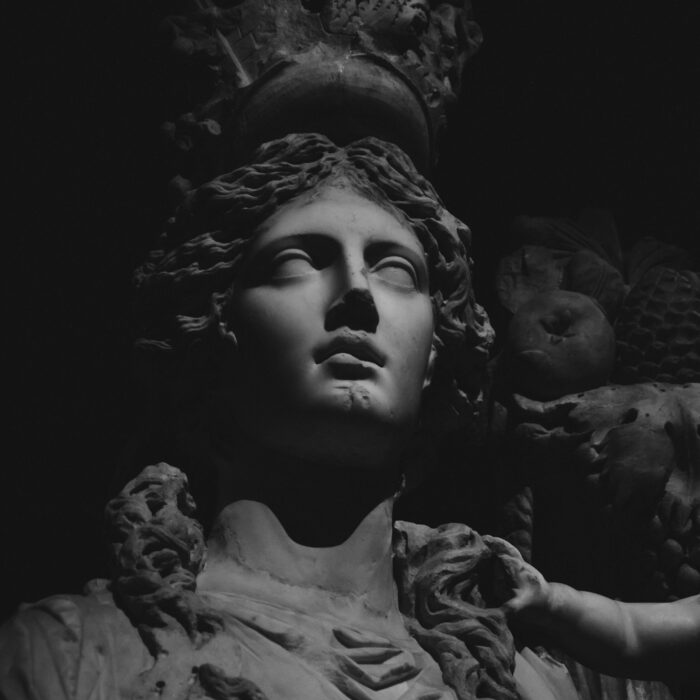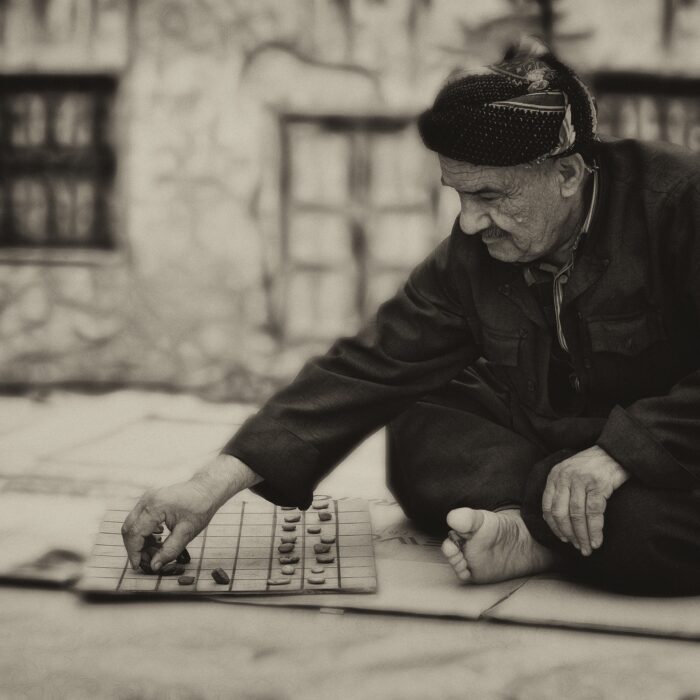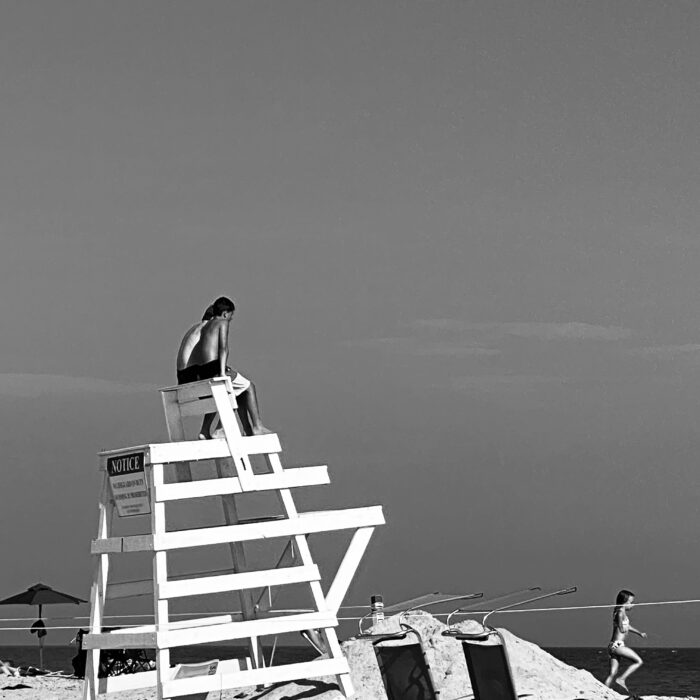You have no items in your cart. Want to get some nice things?
Go shopping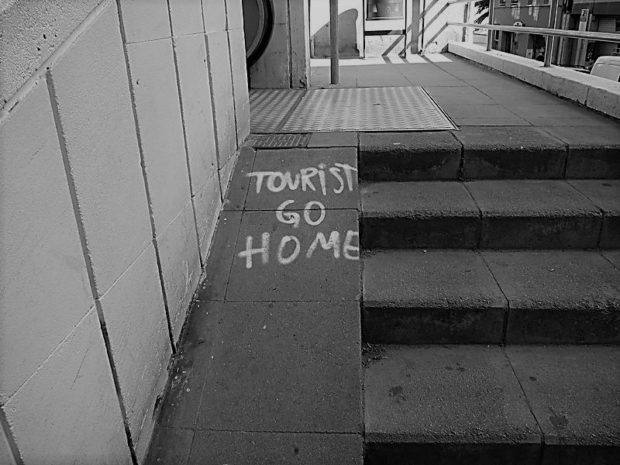
“Are you going to eat goose meat?”
“What?”
“Are you going to eat goose meat?”
“I’m sorry, I don’t –”
“It’s the region’s traditional cuisine. You have to try some.”
This exchange concerned my upcoming visit to Ardahan, a tiny city located in the Ardahan Province of northeast Turkey. A paper I had submitted to the International Mythology Symposium, held in Ardahan each year, had been accepted. I managed to obtain funding. Woohoo, now I could proudly add Turkey to the List of Countries I’ve Traveled. In between sending my friends triumphant gifs of a dancing Fresh Prince of Belair and scouring return ticket prices on Google Flights, I was brushing up on my cultural knowledge of the region.
All I knew about Turkey was that the Trojan War had been fought there. Since I love Homer’s epic about the Trojan War more than anything else in the world, my opinion of the country was decidedly positive. But goose meat was something else.
A former colleague who had family near Ardahan Province was generously offering advice. “Also, on sunny days, you can see the phantom of Ataturk.”
“Oh.”
“Yes. In the Damal hills. His face appears.”
Well, good. I began to suspect that maybe Homer wasn’t fully equipped to prepare me for the trip.
I went home to do my own research. Lonely Planet describes Ardahan starkly: “Unexciting but likable.” I’m assured that it has a photogenic castle, initially built in the 12th century by the Seljuks, then restored by Suleiman the Magnificent. It has Kars geese unique to the region. The phantom phenomenon my friend described is the effect of shadows from hills cast across the landscape in way that resembles – unconvincingly, to my unfaithful eye – Ataturk’s profile. As I learned more about Ardahan’s history, legends, and cuisine, it began to coalesce into an actually existing location.
See, not all places exist. Especially not the obvious ones. The Notre Dame and Big Ben are instantaneously recognizable, but this has made them so seen, so photographed, so handled, that their reality has worn off. Real places are rarely iconic. Real places are unfamiliar. Real places aren’t aimed at tourists and so they don’t put you at ease, they put you into question. As you awkwardly navigate streets and cultural norms, you’re the foreigner, the stranger, the weird one. Haven’t heard of goose meat? What’s wrong with you?
The truth is that travel is uncomfortable and damned inconvenient. It isn’t until you stand at an 11th arrondissement bakery counter, stumbling over the words for a tarte aux pommes while the well-dressed gentleman behind you glares his impatience, or jostle past angry Remainers protesting near the Palace of Westminster, your collar and umbrella raised against a drizzle that frizzes your hair, that you’ve really seen anything of either Paris or London.
So, in the past few years, I have sought for wherever is less familiar – Granada instead of Barcelona, Vicenza instead of Florence, Ardahan instead of Istanbul. As I prepared for the trip, I reflected undemocratically: let them crowd into the Hagia Sophia with their selfie sticks. I’m going to eat geese in Ardahan!
Enter Covid-19.
My smug plans were interrupted by a health crisis that did not distinguish between sophisticated cultural observers (like me, duh) and ordinary selfie takers. As the pandemic grew, I told perverse jokes to myself: what do Tom Hanks, Boris Johnson, and your Great Aunt Maude have in common? We were all in this together, so we were all screwed.
As my colleagues and I watched conferences and seminars get postponed or cancelled, we became increasingly anxious about our research allowances. Sure, nobody becomes an academic for the money, but we do sometimes get to travel to cool places for free. Now, our usually buzzy office was empty. We lugged our laptops home, constructing towers of books on kitchen tables and hosting depressing Zoom meetings. Finally, the fatal email landed in my inbox: am I still going to Ardahan? If not, sadly, the funders will be obliged to withdraw their support. Please notify us as soon as possible, best wishes, thank you very much.
Suddenly, in a dizzy surge of travel restrictions, border closures, toilet paper shortages, and hysterical headlines (NEW STUDY PROVES EVERYONE WILL DIE), I found myself fleeing a tense but calm Britain for a pathologically unprepared America to reunite with my family before the UK went into lockdown.
Along with thousands of other flights, mine was cancelled the night before my departure. No explanation. I smoked a pack of cigarettes while listening to the soundtrack that Virgin Atlantic mercilessly inflicts on its callers. After eight hours of unpardonable stuff like “Move Your Feet” by Junior Senior and automated reassurances that my call is very important so will I please continue to hold, a gruff lady informed me that the flight is cancelled because the flight is cancelled and I can expect a refund in 90 days, best wishes, thank you very much.
I emptied my savings account and landed in JFK 48 hours later with a different airline. While government officials in blue uniforms and plastic helmets swarmed the plane to take temperatures and bark questions at the stricken passengers, a single selfish fear looped through my mind: I’m not going anywhere for a long, long, long time.
I spent the next few weeks feeling sorry for myself. The world’s travel enthusiasts were doing the same thing. They seemed so guilty, so very sorry to be performing the noble but grim duty of staying home. Instagram was flooded with photos from trips of yesteryear accompanied by lengthy captions explaining that a year ago today they were in Bali and they’re actually supposed to be in Shanghai or Havana right now, but the stupid pandemic ruined everything :(
I agreed. Stupid pandemic.
My husband remarked, “I bet that woman from Cannaregio can cross the bridge now.”
He was referring to an elderly woman we met on our last trip to Venice. In patient, measured English, she had explained that she hated tourists because they stopped to take photos along the two bridges between the produce market and her home. The posing, selfie snapping mass of people jammed the bridge and made it impossible for her to push her wheeled basket of groceries across. While I listened to her story, I had clucked sympathetically and condemned those inconsiderate tourists. I certainly didn’t regard myself as one of them. I wasn’t a tourist chasing Instagrammability. I was a traveler in pursuit of culture and authenticity.
Then I read that Venetians are pleased as punch about the Covid-induced absence of foreign crowds. Like creatures no longer hunted, locals have gradually returned to spaces they typically avoided and reoccupied their homes. They sat drinking coffee in St. Mark’s square again. They rode their boats along the canals. I recalled reading two years ago that Barcelona’s citizens considered tourism their biggest problem, since cheap flights and Airbnb were steadily pricing them out of their neighborhoods.
There is a disquieting irony in selecting Granada over Barcelona when Barcelona does not want me. A question surfaced: was Ardahan better off without me, too?
Of course, Ardahan isn’t crushed by an endless stream of visitors and its inhabitants can get to the grocery store without being shoved aside by aspiring models. The question is more abstract. If Ardahan does not think of me while I think of it, it’s because my week-long vacation would bring it nothing of real value. Traveling forges a relationship between traveler and place, and relationships are built on reciprocity. What could I offer the city in exchange for its geese and its castles? Sure, there’s the cash. After all, choosing Ardahan over the more popular Istanbul is really a sort of exploitation motivated by my desire to feel special, so I may as well pay up and be exploited in turn.
“But you were going to a conference,” my husband pointed out reasonably. “The conference wasn’t in Istanbul.”
I wave this away as accurate but incidental because I sense an insight. A superficial one, but still. So long as I’m saving with Ryanair and Airbnb, so long as I’m thinking in terms of what cool snaps I can take and how travel benefits me, I’m not establishing a reciprocal relationship with a place, but simply being a consumer. I’m taking treasures and giving mere dollars. I had exoticized and objectified Ardahan in order to consume it. And Ardahan deserves better than that.
In moments of deep unfulfillment, Pessoa comes to mind:
At such an hour, it would be best never to arrive at the human reality for which our life is destined. To be left hanging weightlessly between the mist and the morning, hovering above real life, not in one’s spirit, but in one’s spiritualized body, that, more than anything, would satisfy our longing to find a refuge, even if we have no reason to seek such a refuge.
The me-shaped hole in Ardahan is a marker for humility and learning. It sounds obvious but feels nuanced: because I’m not there, I’m here.
As I sit in my own home instead of cheerfully traipsing through someone else’s, whatever uniqueness I may possess seems less important than the comfort of knowing that everyone else is sitting at home, too. It’s no longer a lament but a consolation that we’re all screwed together. Maybe someday, I can fly to Turkey bearing reverential offerings instead of just a wallet and smartphone camera. For now, I find refuge in patience. For now, it’s best not to arrive.

About Sveta Yefimenko
Sveta Yefimenko is a Russian American writer and researcher based in Exeter, UK. Her literary and scholarly work has appeared in The Moth Magazine; Clover: A Literary Rag; Question Journal; Thought Catalog; and the forthcoming volume, Reading Backwards: An Advance Retrospective on Russian Literature. She is the founder and editor-in-chief of the interdisciplinary academic journal, Xanthos: A Journal of Foreign Literatures and Languages.
- Web |
- More Posts(1)

